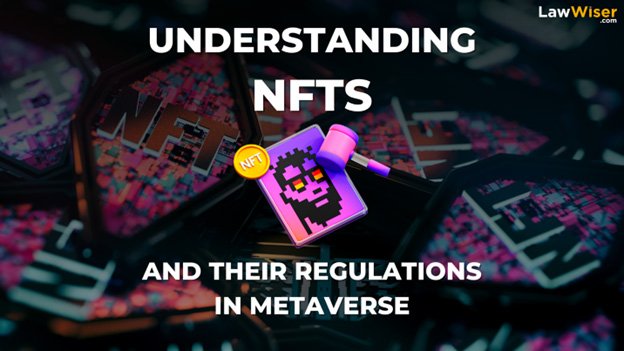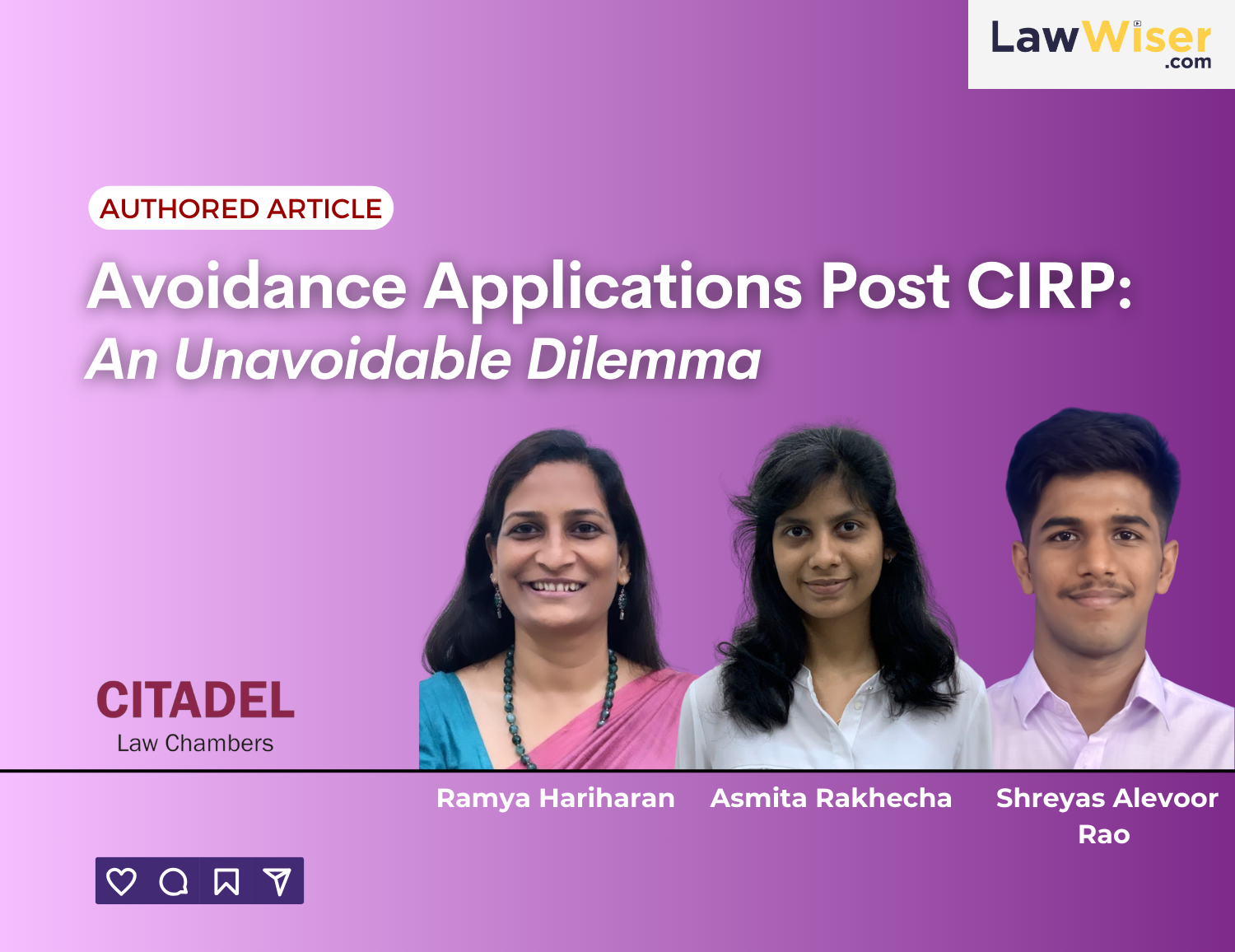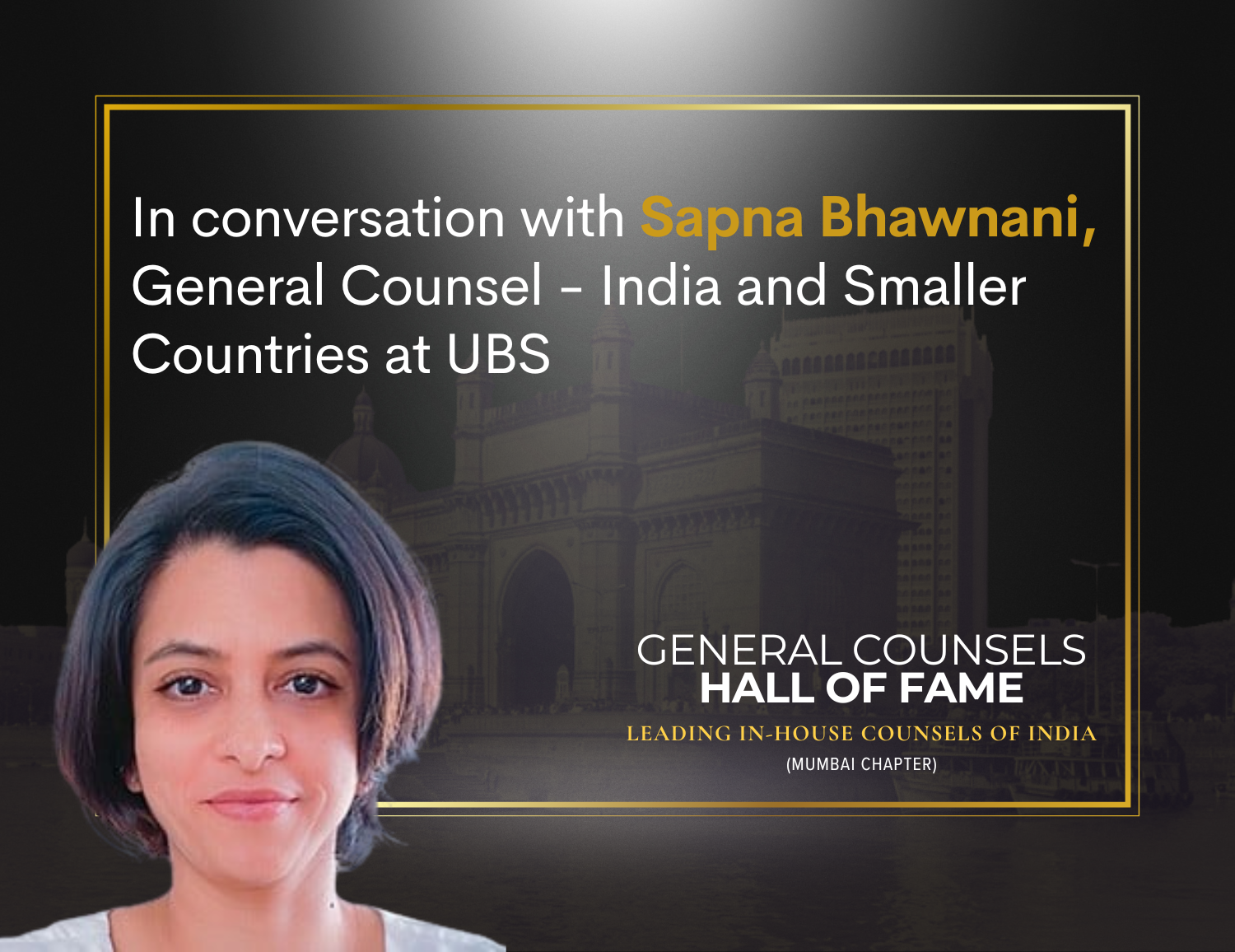It is a term used to describe a situation where a trial judge has made a significant error, either by going against reason and evidence or by violating established law, resulting in an unfair trial. An appellate court may use this finding to overturn the trial court’s decision. Examples include preventing a crucial witness from testifying, making improper remarks that could influence a jury, displaying bias, or making evidence rulings that hinder a fair presentation of a case. This doesn’t mean the trial or judge must be flawless, but the judge’s actions must be so egregious that they compromise the fairness of the trial. Occasionally, appellate courts acknowledge a judge’s mistake but deem it insufficient to have affected the trial’s outcome, often frustrating the losing party. In criminal cases, this can involve excessively harsh sentences, while in divorce cases, it might mean awarding alimony far beyond the established guidelines or the payer’s ability to comply.
Don’t have an account? Sign Up
Abuse of discretion
 June 3, 2024
June 3, 2024
Most Read
The In House Circle ArticleThe In House Circle Article
In Conversation with GC Hall of Fame – Anand Vardhan of Piramal Enterprises Limited
The In House Circle ArticleThe In House Circle Article
In Conversation with GC Hall of Fame – Swathi Kamath of GKN Automotive
Share
Write a Reply or Comment Cancel reply
CONTINUE READING
TWITTER FEED
- Congratulations to @VivekSoodDelhi for being recognised as ‘Emerging Senior Counsel of the Year’ at #UKILP… https://t.co/oHwBtL5geH
- Wishing you a Merry Christmas and a Happy New Year from all of us at LawWiser!#christmaseve #newyears https://t.co/ax6VOHyUcj
- Watch @AvaniShukla27, Associate- Content & Collaborations, LawWiser to learn about the recent landmark verdict give… https://t.co/OZnf0Z9PJr
- We are delighted to share that our Co-founder @LavanyaBehl1 is featured in the 30 people to watch in the… https://t.co/wmMrtvduKk
- Sanjeev Sachdeva has rejoined Luthra and Luthra Law Offices India Leadership team as Mentor and Partner. Read More… https://t.co/7F1M8p4w23
LINKEDIN FEED
- See you tomorrow at LawWiser Sip & Paint event, Co-hosted by Desai & Diwanji. #legal #law #lawfirm
- Wishing you a Happy Republic Day from all of us at LawWiser! #republicday #constitutionofindia
- Catch a glimpse of the vibrant moments from our previous Sip & Paint event.#legalevents #lawfirm #generalcounsel
- Exploring Essential Business Documents! In our latest video, we delved into crucial documents vital for every business journey: https://lnkd.in/d-vYuDDs
- From shaping ethical business practices to ensuring social justice, law plays a pivotal role in our world. Get ready to explore how legal frameworks empower businesses and create positive societal change.#staytuned #legal #lawforchange #changemakers











 October 9, 2024
October 9, 2024 0 COMMENTS
0 COMMENTS



